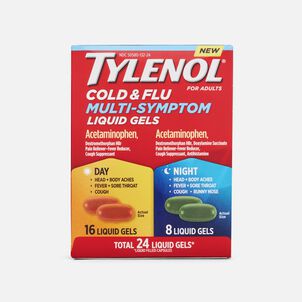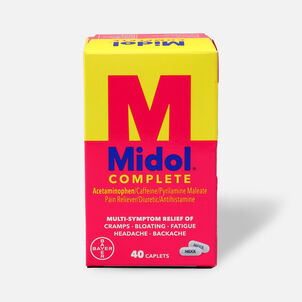 | SHOP NOW
| SHOP NOWAre Health Sharing Plans a Viable Long-Term Option for Medical Care?

The cost of health insurance climbs every year. You know skipping coverage is a no-go, considering the hefty health care costs. But you can't afford the monthly premiums of traditional insurance. So what should your family do about securing a health plan? Some folks are turning to health sharing programs to help offset inevitable medical costs.
These programs usually have some type of religious affiliation. You may see lower monthly premiums - but more red tape when it comes to benefits. If you're considering health care sharing as an alternative, weigh the risks before making a decision.
What are health sharing programs?
Healthshare programs are known for being faith-based. Your family's monthly share may range from $300 - $500 per month. At a fraction of the average health insurance premium, it's easy to see the appeal. Lower deductibles and out-of-pocket limits are also common in a health sharing program.
When it's time to pay, these programs handle medical costs a couple of different ways. Sometimes they'll match members with each other. The other option is pooling contributions to pay for approved medical expenses.
Sure, these health sharing ministry are cheaper on the front end. But you won't have the same medical coverage as plans purchased through the marketplace. It's common to see exclusions for pre-existing conditions. Eligibility is also very different between each health sharing program. It's not uncommon for a ministry plan to ask for proof of your religious faith. Other programs — like Liberty Healthshare — are more inclusive.
How health sharing programs are different
Health sharing programs look a lot like a traditional health insurance plan. This makes it easy to think you are buying health insurance plan, when you aren't. Government oversight and guarantees are key distinctions. Medical sharing programs aren't regulated, and your participation is voluntary. But insurance is a legally binding agreement between you and your insurance company. They agree to pay for specific expenses in exchange for your monthly premium.
Common pitfalls to watch for
Non-biblical expenses - When you join a health sharing ministry program, you're agreeing to live a secular lifestyle. Thus, it's common to see no coverage for expenses like abortion, unmarried pregnancies, or injuries from a drunk driving.
Pre-existing conditions - If you have an pre-existing, chronic illness, it's possible you can't join a health sharing plan. Even if you are approved, there's no guaranteed medical care coverage for your pre-existing condition.
Ongoing prescriptions - Often, health sharing plans won't foot the bill for long-term, ongoing prescription drugs. After a short period of time, you can expect to pay for these on your own.
You can't keep funding your HSA with a health sharing plan
There's another major downside to medical sharing plans. They're not a high-deductible health plan, so you can't contribute to your health savings account (HSA). If you've been treating your HSA vs 401k as a long-term savings vehicle, switching to a health savings plan for medical coverage will slow your progress.
Of course, you can still spend your HSA money, provided it's for an eligible medical expense. This could be especially handy if you're stuck paying for anything you didn't plan for. And given the restrictions of many health savings plans, an HSA with a sizable balance could help.
Although you can't contribute to your HSA now, changes may be on the horizon. Congress has taken steps to make health sharing plans and HSA eligible plans more compatible in addressing medical needs. But nothing has been signed into law yet.
Always read the fine print
When you can't afford monthly insurance premiums, health sharing plans may seem like a good deal. If you're willing to roll the dice, and you're healthy, these plans might save your family some money. At least in the beginning.
But it's critical to understand the risks — especially what your plan doesn't cover. These plans aren't health insurance. There are no guarantees. And they don't offer the same comprehensive coverage.

.png)














